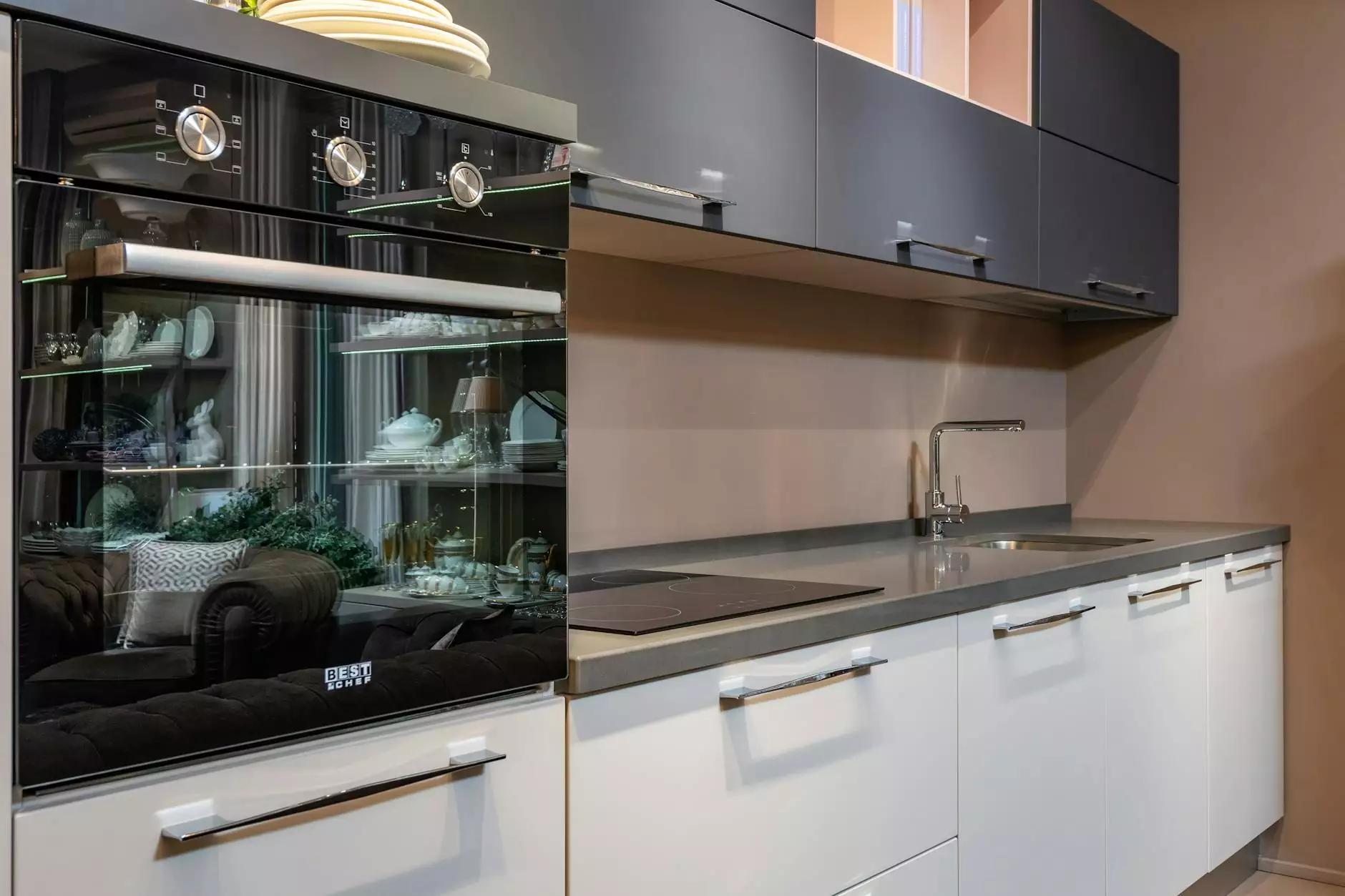Mastering Wedding Planning: Transform Your Dream Day into a Reality

Planning a wedding is an exciting yet challenging process that requires meticulous attention to detail, creativity, and strong organizational skills. Whether you are starting from scratch or looking for ways to enhance your wedding planning journey, this comprehensive guide will provide you with the tools and knowledge to ensure your big day is everything you've dreamed of and more.
Understanding the Essentials of Wedding Planning
Before diving into the nitty-gritty of wedding planning, it is crucial to understand the essential components that make up a successful event. From selecting a venue to choosing a caterer, each element plays a vital role. Let's break down the primary components:
- Budgeting: Establish a realistic budget to streamline your planning process and avoid unexpected costs.
- Guest List: Curate your guest list early on to ensure the venue can accommodate your needs.
- Venue Selection: Choose a venue that resonates with your vision and can cater to your guest size.
- Vendors: Research and hire reputable vendors for catering, photography, decoration, and entertainment.
- Timeline: Create a timeline to keep track of tasks leading up to your wedding day.
Setting Your Wedding Budget
Creating a budget is the first step in the wedding planning process. This will help you make informed decisions throughout the planning stages. Here are some tips for budgeting:
- Prioritize Your Expenses: Determine which aspects of your wedding are most important to you and allocate funds accordingly.
- Research Costs: Investigate average costs for your desired venue and vendors to set realistic expectations.
- Include Contingencies: Always set aside a small percentage of your budget for unforeseen expenses.
Curating Your Guest List
Your guest list will significantly impact your venue choice and overall budget. Here’s how to curate an effective guest list:
- Start with Important Guests: List your closest family and friends first.
- Be Realistic: Keep in mind the capacity of your chosen venue.
- Send Out Invitations Early: Give ample notice, especially if planning a destination wedding.
Choosing the Perfect Venue
Your choice of venue sets the tone for your entire wedding. Here are some tips for choosing the perfect location:
- Consider Your Theme: Choose a venue that complements your chosen theme, whether it's rustic, elegant, or modern.
- Accessibility: Ensure the venue is easily accessible for your guests.
- Facilities: Check for essential amenities like restrooms, parking, and accommodations for guests.
Hiring the Right Vendors
Your wedding vendors will play a crucial role in bringing your vision to life. Here are some key vendors to consider:
Catering
Food and beverages are significant components of any wedding. When selecting a caterer:
- Tastings: Always schedule a tasting to ensure quality.
- Menu Options: Provide a variety of choices that consider dietary restrictions.
Photography
Capturing the memories of your wedding is essential. Choose a photographer whose style matches your vision:
- Portfolio Review: Look through their previous work.
- Consultation: Discuss your expectations and desired shots.
Decoration
Decorations set the atmosphere. When hiring a decorator:
- Vision Alignment: Ensure they understand your aesthetics.
- Budget Considerations: Get clear quotes to avoid any surprises.
Creating a Detailed Timeline
A comprehensive timeline is crucial for ensuring everything runs smoothly on the day of your wedding. Here’s how to create one:
- Backwards Planning: Start from your wedding date and work backward to establish deadlines for each task.
- Delegate Tasks: Assign responsibilities to trusted family and friends.
- Stay Flexible: Be prepared to adjust the timeline as needed.
Designing Your Wedding Style
Your wedding style is an expression of your personality and should reflect both you and your partner. Here are some ideas to help you establish your wedding theme:
- Inspiration Boards: Create boards on platforms like Pinterest for visual guidance.
- Color Schemes: Select a color palette that reflects your theme and venue.
- Personal Touches: Incorporate personal elements, such as family heirlooms or custom decor.
Preparing for the Big Day
As the wedding day approaches, it's essential to stay organized and calm. Here are some practical tips:
- Confirm All Details: Double-check bookings with all vendors a week before the wedding.
- Emergency Kit: Prepare a wedding day emergency kit with essentials like safety pins, stain remover, and pain relief.
- Relax: Take time for self-care before the wedding day — it will help you stay refreshed.
Post-Wedding Considerations
After the festivities, there are still a few important tasks to complete:
- Thank You Notes: Send personalized thank-you notes to your guests and vendors.
- Photo Selection: Work with your photographer to select images for your album.
- Wedding Review: Provide feedback for vendors to help future couples make their choices.
Conclusion: Your Perfect Day Awaits
Wedding planning may seem overwhelming, but with the right framework in place, it can be an enjoyable experience. By following this guide, you’ll be better equipped to manage the logistics, maintain your vision, and create a memorable event that you and your guests will treasure for years to come. For further inspiration and expertise, consider exploring https://www.karlacasillas.com/ to help you along your wedding planning journey.









